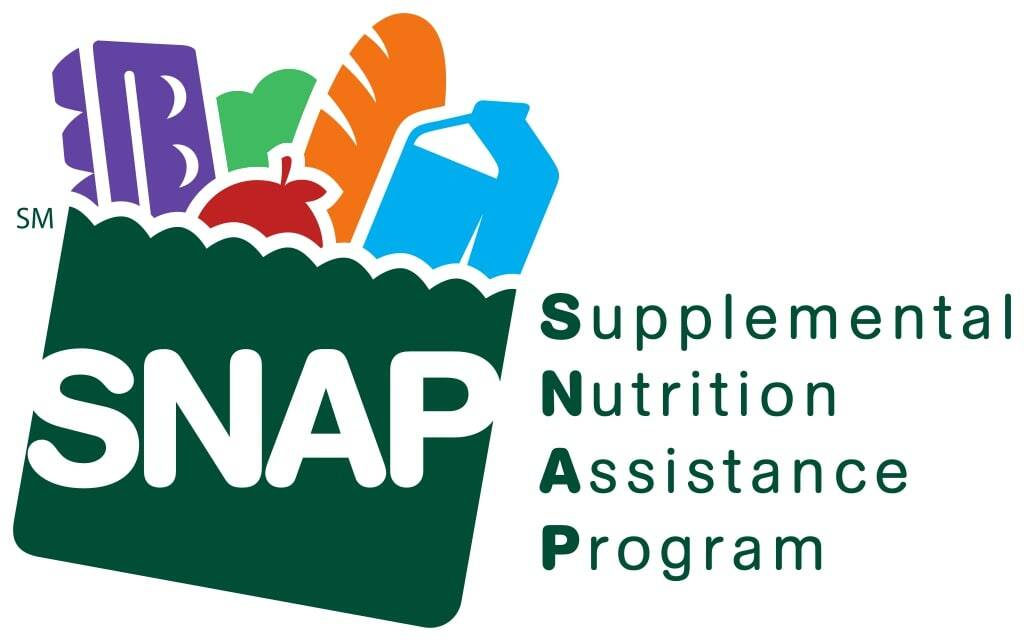Washington state refused to comply with the federal government’s recent request for personal data on residents who receive or apply for food stamps.
The U.S. Department of Agriculture, early last month, told states it wanted records of all applicants and recipients for the Supplemental Nutrition Assistance Program, or SNAP, since 2020. The records include names, dates of birth, addresses and Social Security numbers.
This triggered a lawsuit by nonprofit groups and others, and the department has since walked back its request. But some states did begin taking steps to hand over data.
The demand came in light of a March executive order from President Donald Trump telling federal agency heads to “ensure the Federal Government has unfettered access to comprehensive data from all state programs that receive federal funding.”
A letter to states said the rationale for getting the SNAP data was to “ensure program integrity, including by verifying the eligibility of benefit recipients.”
The unprecedented move appears to be part of a broader effort to access state-held data that could be used to target immigrants without legal status. The Trump administration’s Department of Government Efficiency had moved to combine data across the federal government under the auspices of rooting out fraud.
On a similar front, the U.S. Department of Homeland Security asked for state-level Medicaid data from the federal agency that oversees the program. Washington was one of a few states whose Medicaid data was shared, to the outrage of immigrant rights groups who have called on the governor to address their concerns.
The federal government funds SNAP, which helps low-income residents pay for food, but states run it with the help of third-party payment processors. Recipients receive their monthly benefit on an Electronic Benefits Transfer, or EBT, card.
In Washington, that third-party processor is Fidelity Information Services. At least 20 other states also use Fidelity, which reportedly told its state clients it planned to cooperate with the Trump administration. The company gave states a deadline to provide consent to disclose the data.
The state Department of Social and Health Services, which runs Washington’s program, told Fidelity not to give the feds “any confidential information.”
“DSHS is complying with proper data requests sent directly to DSHS, subject to federal data and security protocols,” agency spokesperson Norah West said in an email Tuesday. “We are concerned about the potential for bypassing protections and processes that are already in place.”
“We have requested that USDA continue to send any requests for DSHS SNAP data directly to DSHS,” West continued. “We will evaluate each request and provide information as required by law.”
In March, the most recent month for which data is available, over 908,000 Washingtonians received a total of $168 million in SNAP benefits. That’s more than 10% of the state’s residents. Nationwide, the program serves upward of 42 million people.
When advocacy groups sued the Trump administration over its attempts to access the data, they argued the federal government was exceeding its authority and violating privacy protections.
The Department of Agriculture has told the processors not to transfer over the data until they hear “requisite procedural safeguards have been met.”
Some other states, like Kansas and New Mexico, have similarly refused to comply, while others, including Alaska and Tennessee, have said they’re prepared to share the information.
Meanwhile, food stamps are threatened under the budget bill the U.S. Senate is currently considering. Estimates indicate tens of thousands of Washingtonians would lose some or all of their SNAP benefits under revised work requirements and other changes in that legislation.
Washington State Standard is part of States Newsroom, a nonprofit news network supported by grants and a coalition of donors as a 501c(3) public charity. Washington State Standard maintains editorial independence. Contact Editor Bill Lucia for questions: info@washingtonstatestandard.com. Follow Washington State Standard on Facebook and Twitter.





